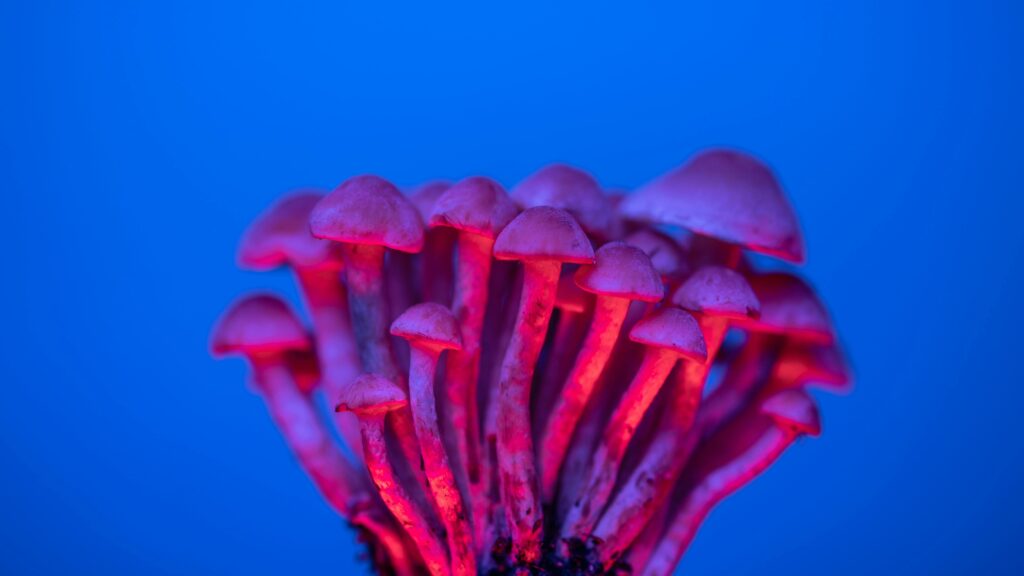
Exploring the Role of Psychedelics in Modern Psychiatry
In recent years, the field of psychiatry has seen a resurgence of interest in the therapeutic potential of psychedelics. Once stigmatized and relegated to the fringes of medical research, these substances are now being re-examined for their ability to treat a range of mental health disorders. This renewed interest is driven by a growing body of evidence suggesting that psychedelics, when used responsibly and under professional supervision, can offer profound benefits for patients with conditions such as depression, anxiety, PTSD, and addiction.
The Historical Context
Psychedelics like psilocybin (the active compound in magic mushrooms), LSD, and MDMA were extensively studied in the mid-20th century. Early research showed promising results, but the cultural and political backlash of the 1960s led to these substances being classified as Schedule I drugs, effectively halting clinical research. It wasn’t until the late 20th and early 21st centuries that scientists began to revisit the potential of these compounds, driven by anecdotal reports and preliminary studies indicating their therapeutic value.
Recent Research and Findings
Modern studies have used rigorous methodologies to explore the efficacy of psychedelics in treating mental health disorders. One of the most promising areas is the use of psilocybin for treatment-resistant depression. A landmark study conducted by researchers at Johns Hopkins University found that psilocybin produced substantial and sustained decreases in depression and anxiety in patients with life-threatening cancer. Follow-up studies have demonstrated similar benefits for individuals with major depressive disorder, suggesting that psilocybin can catalyze significant psychological breakthroughs.
MDMA, commonly known as ecstasy, has also shown remarkable potential, particularly in treating PTSD. Research by the Multidisciplinary Association for Psychedelic Studies (MAPS) has found that MDMA-assisted psychotherapy can dramatically reduce PTSD symptoms, even in patients who have not responded to traditional treatments. The FDA has granted Breakthrough Therapy designation to MDMA for PTSD, indicating its potential as a significant advancement in treatment.
Mechanisms of Action
The therapeutic effects of psychedelics are believed to be linked to their ability to enhance neural connectivity and promote neuroplasticity. Psychedelics appear to reduce activity in the default mode network (DMN), a brain network associated with self-referential thinking and rumination. This reduction in DMN activity can lead to a dissolution of the ego, allowing patients to process traumatic memories and emotions from a new, less self-critical perspective.
Moreover, psychedelics stimulate the release of brain-derived neurotrophic factor (BDNF) and other neurotrophic factors, which support the growth and connectivity of neurons. This neuroplasticity may underlie the lasting changes in mood and cognition observed in patients.
The Importance of Set and Setting
One of the critical insights from modern psychedelic research is the importance of “set and setting.” The mindset of the patient and the environment in which the psychedelic experience occurs play crucial roles in determining the outcome. Clinical studies typically involve several preparatory sessions with a therapist, the administration of the psychedelic in a controlled and supportive environment, and follow-up integration sessions to help the patient make sense of their experience. This structured approach maximizes the therapeutic benefits and minimizes potential risks.
Ethical and Legal Considerations
Despite the promising results, the use of psychedelics in psychiatry raises several ethical and legal issues. The potential for abuse, the need for careful patient selection, and the importance of professional guidance are all critical considerations. As research progresses, it will be essential to develop standardized protocols and guidelines to ensure the safe and effective use of these powerful substances.
The Future of Psychedelic Psychiatry
The field of psychedelic psychiatry is still in its infancy, but the early results are encouraging. As regulatory barriers continue to fall and more research is conducted, psychedelics could become a valuable tool in the psychiatric toolkit. They offer the potential not only to alleviate symptoms but to facilitate profound, lasting changes in patients’ mental health and well-being.
In conclusion, the resurgence of interest in psychedelics represents a novel and exciting frontier in psychiatry. With careful research and responsible application, these substances hold the promise of transforming the treatment landscape for some of the most challenging mental health disorders.

Leave a Reply